Dec 1, 2015-2015
Israel
“Jews and Arabs Kiss”
Share
ACTIVISTS/ACT.GROUPS/DESCRIPTION OF THE GROUP
Time Out Tel Aviv
TARGET
Ministery of Education, Israeli govt.
WIDELY HELD BELIEF
Freedom of Information is a fundamental right and should be promoted by the state.
CASE NARRATIVE
Issue and Opposition: The Israeli-Palestinian conflict started in 1947 following the Partition Plan (Resolution 181) formulated by the United Nations. The Plan mirrored the British mandate and indicated splitting the territory into Arab and Jewish states. Following the Plan, the state of Israel was created on May 14, 1948. The Arabs were not happy with this division for various reasons and soon friction broke out between the Israeli and Palestinian communities over land. This led to the first Arab-Israeli War. At the end of the war in 1949, Israel emerged victorious. Subsequently, the Israelis forced a staggering 750,000 Palestinians to migrate. Soon, the territory was divided into the State of Israel, the West Bank (of the Jordan River), and the Gaza Strip. The conflicts between the two groups continue resulting in armed clashes. In December 2015, Israel’s Ministry of Education (MoE) banned the novel “Borderline” (Gadar Haya) by Dorit Rabinyan, in secular high schools’ advanced literature curriculum. The story revolves around a Palestinian man and his love interest, an Israeli woman, prompting the ban. However, teachers intervened and after several debates and discussions, the review committee suggested that the book ban should be lifted and that the book should be included in the curriculum as before. Inside the MoE, not everyone supported the ban. Now that the review was over and in favor of reinstating the novel in the curriculum, some of them, such as MoE’s head of literature studies, Shlomo Herzig, showed their support for the decision of the review committee. The senior officials of the Moe, however, refused to accept the review committee’s decision and announced that “Borderline” would remain outside the high school’s advanced literature curriculum. These officials strongly felt that the book would encourage intermixing of Israelis and Palestinians and disintegrate the social order. Hence, the censorship continued.
Dilemma Action: The censorship was challenged by many Israelis. For example, to protest against the ban, Time Out Tel Aviv, a media outlet, created a video titled “Jews and Arabs Kiss.” This video brought together pairs of Arabs and Jews, women and men, of varied sexual orientations, known to each other or strangers, to kiss in front of the cameras. This dilemma action was inspired by Tatia Pilevia’s “First Kiss” made in 2014. “First Kiss” is a short film designed to promote the apparel brand WREN. In the film, 20 strangers, introduced to each other at the time of filming, come in front of the cameras and kiss each other for the first time. The protest video followed the same protocol and ended with the message “Jews and Arabs refuse to be enemies.” The makers included short introductions of people who kissed in the video, emphasizing how love transcends religious differences. The video was posted and reposted by thousands of social media users in the next few days.
Outcome: Although an isolated dilemma action and not part of a larger movement or campaign, the short video rendered its message of love, kinship, and universal humanity strongly as a protest against the atmosphere of hatred between the Israeli and Arab communities stoked by politicians. On Facebook, over 100,000 viewers watched it every day after it was posted. After the video was reported and removed from Facebook, it was re-posted under a new title “Love Wins” and continued attracting viewers. The popularity of the video led to a record-breaking increase in the sale of the novel. The video went viral on different social media platforms with couples belonging to different religions and the youth population showing open support for “Borderline” much to the dismay of Israel’s MoE.
PRIMARY STRUGGLE/GOAL
NONVIOLENT TACTICS USED
DA TACTICS USED
Records/radio/television
CASE NARRATIVE WRITER
SUCCESS METRICS
9 / 12
(CONC) Concessions were made
(MC) Media Coverage
(MSYMP) Media coverage was sympathetic to the activists
(OR) Opponent response
(PS) Dilemma action built sympathy with the public
(PUN) Punishment favored the activists
(REFR) Dilemma action reframed the narrative of the opponent
(RF) Dilemma action reduced fear and/or apathy among the activists
(SA) Dilemma action appealed to a broad segment of the public
PART OF A LARGER CAMPAIGN
0 / 3
RESOURCES
Project documentation
Dilemma Actions Coding Guidebook
Case study documentation
Dilemma_Actions_Analysis_Dataset
SOURCES
New Tactics in Human Rights. “Using Video to Mock Censorship, Open Dialogue and Model Ideal Society,” Retrieved July 23, 2023. (https://www.newtactics.org/tactic/using-video-mock-censorship-open-dialogue-and-model-ideal-society).
Staff and agencies. 2015. “Novel about Jewish-Palestinian love affair is barred from Israeli curriculum,” The Guardian. Retrieved July 23, 2023. (https://www.theguardian.com/world/2016/jan/01/novel-about-jewish-palestinian-love-affair-is-barred-from-israeli-curriculum).
Related cases
Dec 1, 2008-2008
United States of America
Activist Tim DeChristopher made false drilling bids and defrauded the government in his attempt to prevent the sale of land to oil companies.
Dilemma Action: Tim...
/
Jul 1, 2020-2020
Thailand
Since 1932, when a coup ended the monarchy’s absolute rule, there have been countless government coups in Thailand. Most recently in 2014 and every time they say it wi...
/
Oct 1, 2014-2014
United Kingdom
Two female students were told to stop kissing while shopping in a Sainsbury supermarket in Brighton, UK, and were asked to leave the store by the security guard, after...
/
Subscribe to our newsletters to get full access to all materials on our website.

